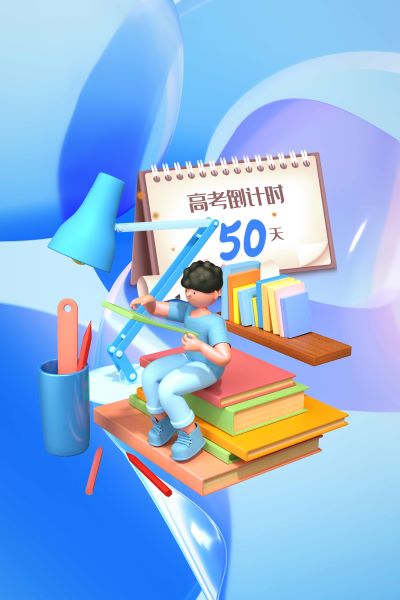The cherishing of time may be a value shared by all cultures. People are familiar with the metaphor of "time is money" in English, and there is also a proverb in Chinese that "an inch of time and an inch of gold ". However, different cultures have different understandings of time, reflecting different cultural patterns and concepts.
There are also plenty of aphorisms and proverbs about time in Chinese:
1)Do you have time to spare?
2)Thank you for giving me your time.
3)The plane lost time due to the strong prevailing winds.
4)How did you spend your free time?
5)Don't waste my time making excuse.
6)I need to put aside some time to catch up on my correspondence.
7)Doctor, the patient is bleeding.we're running out of time.
8)Our new food processor will save your hours of preparing time.
9)She's investing a lot of time in her new job at the bank.
10)The flat tire cost me an hour.
11)You need to budget your time.
The above examples analyze metaphors about time in English.In Western culture, time is regarded as money, a valuable commodity, a limited resource, and time seems to be a specific thing that can be quantified, so the above English sentences use verbs that can lead to quantitative changes such as "赠与(zèng yǔ)Give, 丢失(diū shī )lose, "花费(huā fèi )spend," "浪费(làng fèi )waste," "耗尽(hào jìn)run out of”,“节约(jié yuē )save, ”投资(tóu zī )invest,“ etc. to express time. The metaphor of time is the embodiment of culture. Western culture uses money and commodities as a metaphor for time, indicating that this concept of time is a product of an industrialized society and is associated with concepts such as efficiency and competition. "

There are also plenty of aphorisms and proverbs about time in Chinese:
1)一寸光阴一寸金,寸金难买寸光阴。
(yī cùn guāng yīn yī cùn jīn,cùn jīn nán mǎi cùn guāng yīn )
an inch of time and an inch of gold make it difficult to buy an inch of time.
2)时间如流水,半点不等人。
(shí jiān rú liú shuǐ ,bàn diǎn bù děng rén.)
time is like running water,waiting for no one at half an hour.
3)光阴似箭,日月如梭。
(guāng yīn sì jiàn,rì yuè rú suō)
time flies like an arrow,the sun and the moon flies like a shuttle.
4)日出而作,日落而息。
(rì chū ér zuò,rì rù ér xī)
people live life that rise at down,down at dusk.
5)逝者如斯夫,不舍昼夜。
(shì zhě rú sī fú,bù shè zhòu yètime.) passes on just like this, not ceasing day or night!
6)十年树木,百年树人。
(shí nián shù mù,bǎi nián shù rén.)
Ten years of trees, a hundred years of trees.

These time aphorisms and proverbs in Chinese also express the value of cherishing time, but unlike English, time in Chinese is likened to running water, gold, arrows, trees, etc., and time is more regarded as a natural phenomenon . This reflects the traditional agricultural society's understanding of time, and the saying "work at sunrise and rest at sunset" emphasizes that people in agricultural society follow natural time, not the mechanical time of industrial society. It can be seen that the concept of time is a reflection of culture, and the concept of time in different cultures affects the way people use time. "













